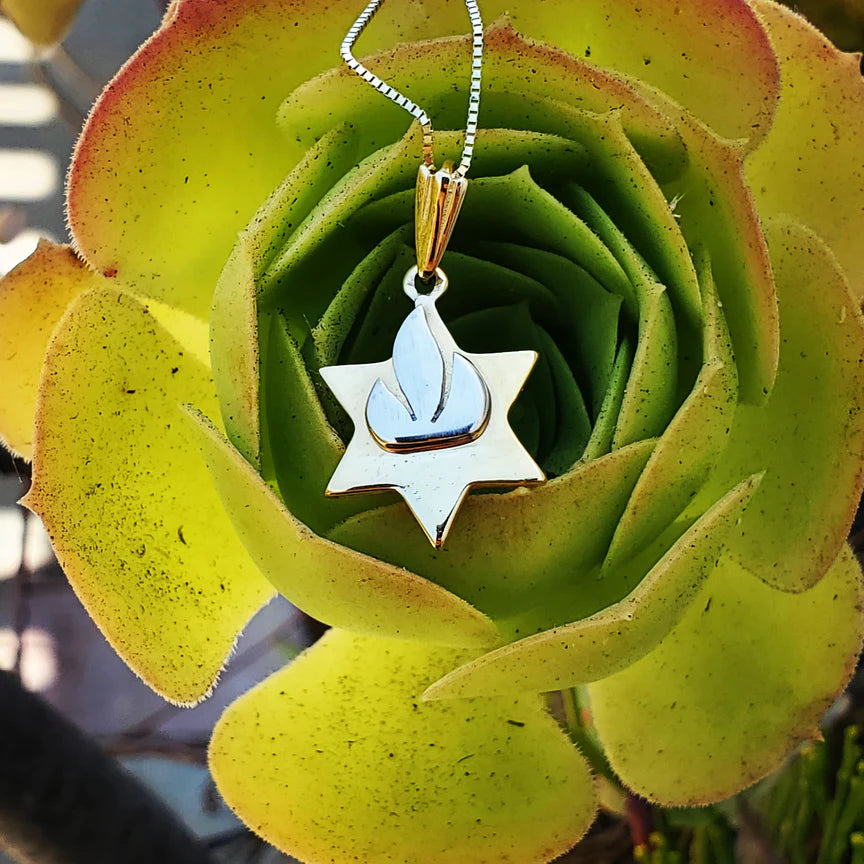
What is Lag Ba’omer?
What is Lag Ba’omer?
Starting tonight, Jews around the world celebrate Lag Ba’omer, a holiday that occurs on the 33rd day of the Omer, — the 49-day period between Passover and Shavuot. During this one-day holiday, the Jewish people cease their mourning practices adopted during the Omer period and celebrate, typically with bonfires and music.
Why celebrate?
During the Omer period, the Talmud says that the great sage Rabbi Akiva’s 24,000 students died from a plague because they did not treat each other with respect. As a result of this tragedy, the Jewish people adopted many mourning customs, including: refraining from haircuts, listening to music, and having weddings. On the 33rd day of the Omer, the plague ended! This is one reason Jews celebrate.
Another reason is that the day marks the passing of the great sage, Rabbi Shimon Bar Yochai (Rashbi). A disciple of Rabbi Akiva, Rashbi authored the famous “Zohar”— a fundamental work of Jewish mysticism. According to tradition, on the day of his death, Rashbi revealed the deep secrets of mysticism to his students. Rashbi was buried on Mount Meron in Israel. There is a custom among many in Israel to visit this holy gravesite on the anniversary of Rashbi’s death, each and every Lag Ba’omer.
What’s the deeper meaning?
As a child and teenager, I remember going to the beaches in Los Angeles on Lag Ba’omer to celebrate with my classmates around a bonfire. I didn’t think much about Rabbi Akiva or his students, or the great Rashbi. I was busy singing camp songs with friends and making s’mores. That’s what Lag Ba’omer meant to me.
As an adult, I realized that Lag Ba’omer has a much more personal meaning for me. On Lag Ba’omer, I celebrate Rashbi and Jewish mysticism by wearing my hamsa hand necklace and hamsa bracelet. I also reflect on Rabbi Akiva and his teachings. Rabbi Akiva said that one of the greatest Torah principles is “Love your neighbor as yourself.” And, tragically, his students’ lack of love and respect for one another caused their demise.
Perhaps, in my own small way, I can honor Rabbi Akiba’s memory and those of his students on Lag Ba’omer by making an extra effort to show love and respect toward my colleagues, peers, friends, and loved ones.
Today, on the eve of Lag Ba’omer, as I admire my Jewish jewelry —hamsa jewelry, a Star of David necklace, and Jewish star earrings— I think that these pieces are not only symbols of Judaism, but also represent the legacy of the great sages of Jewish history, including Rabbi Akiva and Rashbi. My Judaica jewelry has taken on a greater meaning; it reminds me that to be Jew means to love all of my neighbors. And this Lag Ba’omer, I’ll make a greater effort to show that love—while still enjoying s’mores and music around a bonfire.
Wishing everyone a happy and safe Lag Ba’omer!
Shema Yisrael Flame pendant



Leave a comment